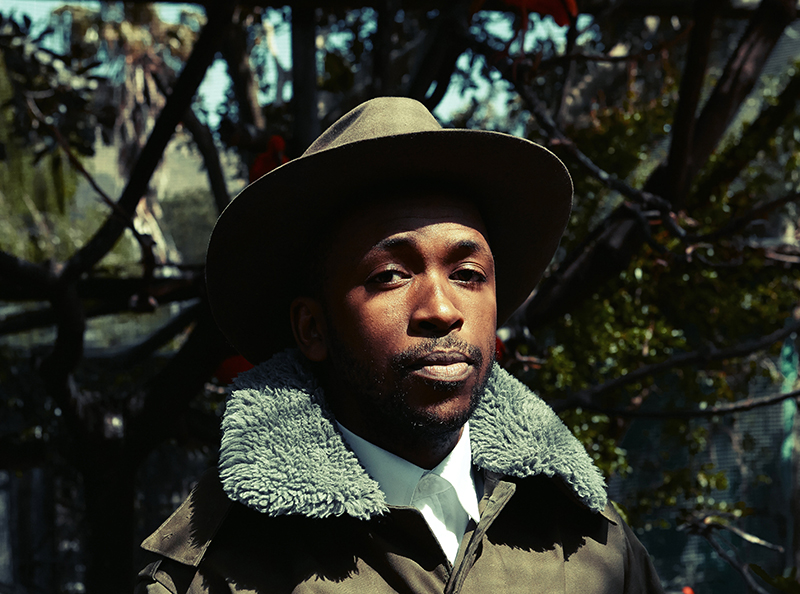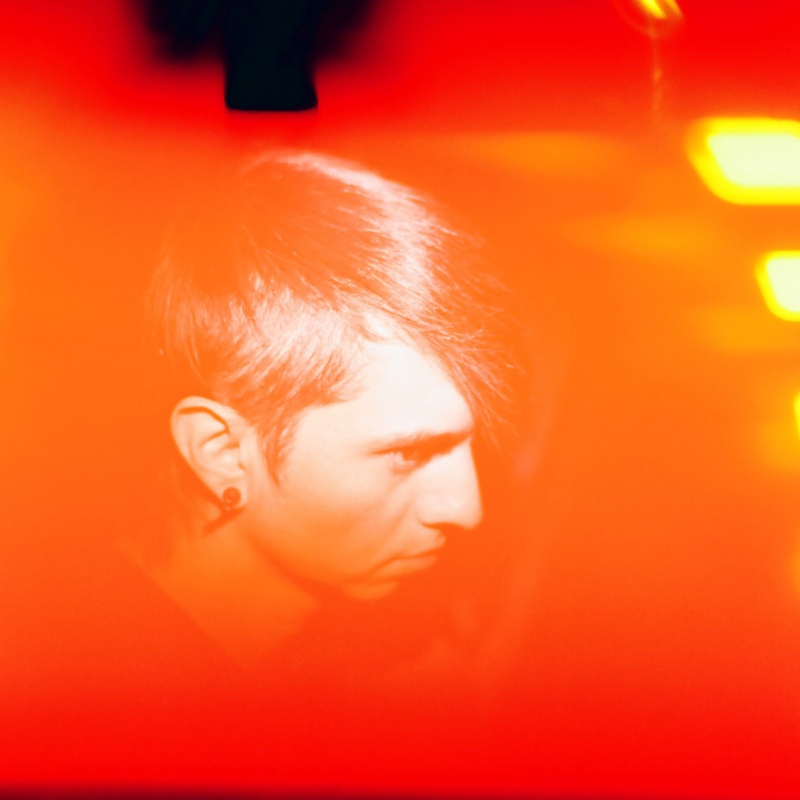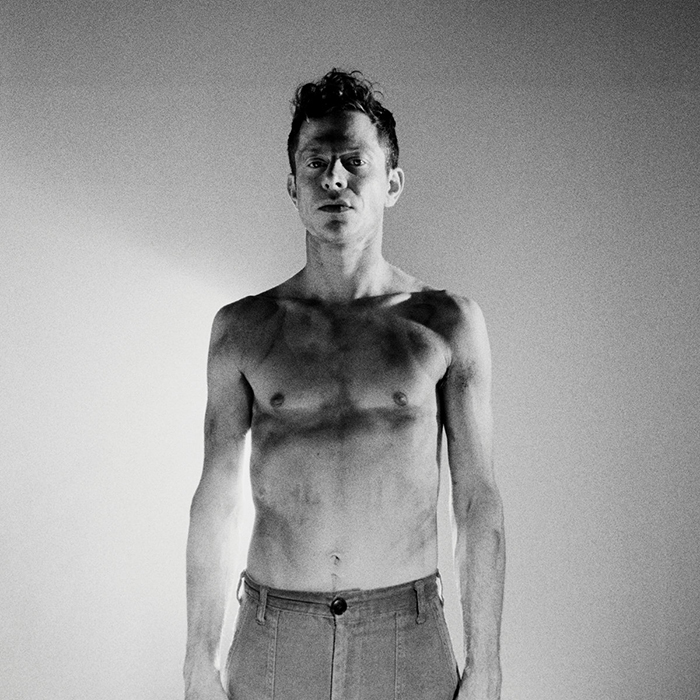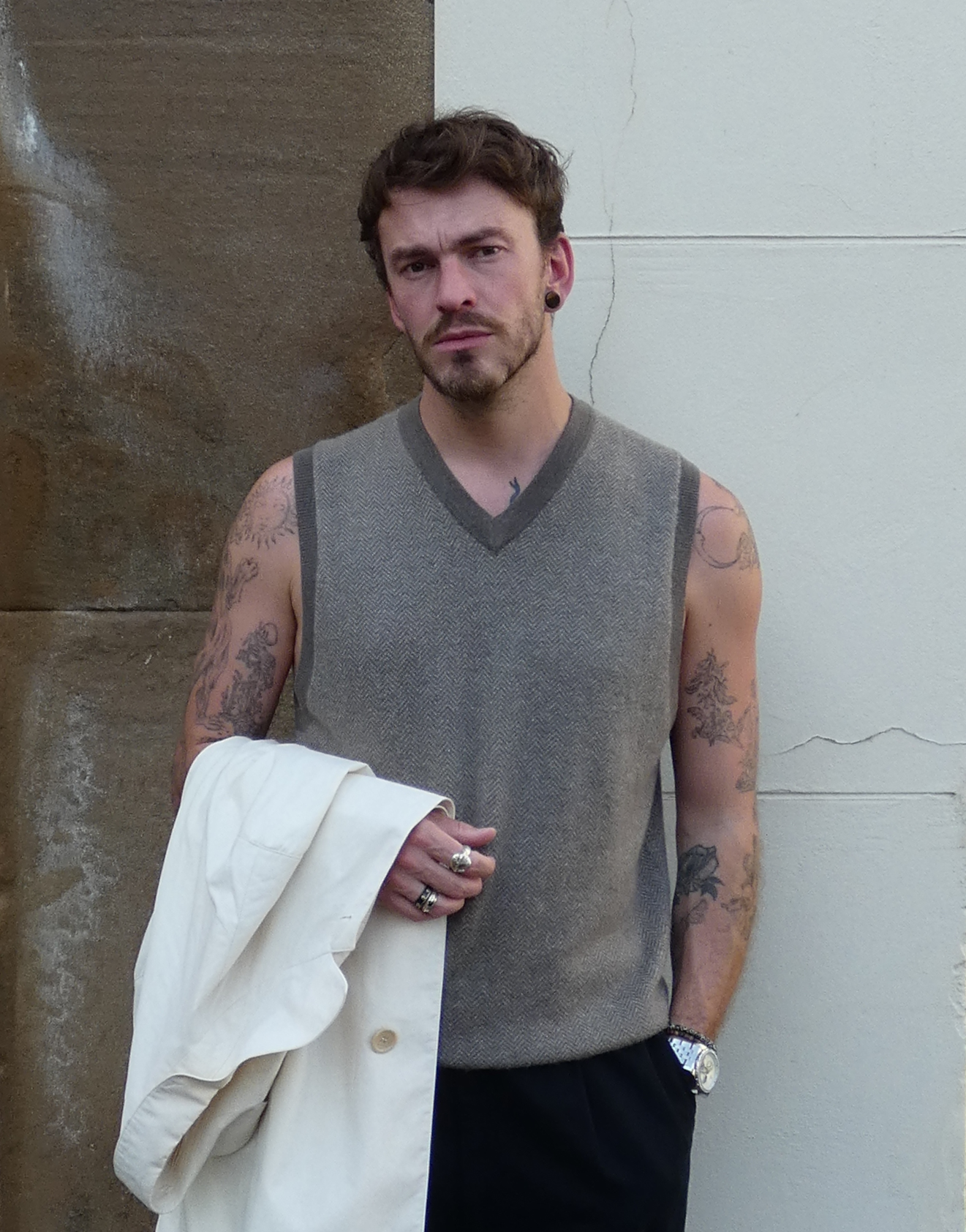EXCLUSIVE INTERVIEW: 5 Minutes With… Spoek Mathambo
Multi-talented South African artist Spoek Mathambo has garnered serious critical acclaim for his exuberant, experimental forays into electronica, fusing kaleidoscopic sounds and rhythms together on hip and hop and psych rock-infused albums put out by eminent labels such as Sub Pop and BBE.
On latest release Mzanzi Beat Code, he steers clear of the use of his own vocals, and focusses instead on crafting the instrumentals and beat-driven masterwork – that weaves together a multitude of samples with sounds from deep house and techno with South African dance genres iGqomu, Sghubu and kwaito, as well as maskandi, an acoustic-based form of folk music. “Black Rose” (feat. Damao & Suga Flow) is a perfect introduction to Mzanzi Beat Code, as politically-charged samples bookend a kwaito-inspired house beat, and bluesy vocal hooks dictate the song’s emotional rise and fall.
We caught up with Spoek to chat about the new album, South Africa, and his hopes for 2017…
Talk to us about your approach to the production of Mzansi Beat Code. There is an incredible range of sounds on the album – was this ‘open-mindedness’ a part of the original plan, or did it happen by accident?
The variety/range in Mzansi Beat Code is certainly no accident, in a sense it’s my modus operandi. If you listen to albums that I’ve produced from Mshini Wam and Father Creeper to Fantasma’s Free Love and Batuk’s Musica da Terra, you’ll see that it’s the way that I’ve always worked…it’s the way that I enjoy music. For me, the fusion and range is very natural and an expression of my pleasures and influences.
Any fun stories relating to the sourcing of some of the samples?
Snippets of life are like life: some are funny, some are painful. A funny story is that I got tackled by a security guard while recording one of the speeches that I sample in the track…I got a couple of bruises, but it was worth it. The samples come from funny phone messages from friends and enemies; TV shows; films that are iconic for me…or just interviews and conversations that I have enjoyed listening to or being a part of.
Do you think there’s something about being South African that particularly lends itself to this kind of artistic approach – i.e. one that really embraces diversity and explores interesting confrontations between different musical styles. For you, is this a very South African album?
South Africa is interesting for being very traditional as well as modern, really rural as well as urban, very progressive as well as desperately clutching to eras gone by. Yes, I would say it’s a very South African album… diversity and cultural exchange is a part of our daily lives, with the majority of people in urban centers speaking 2 to 5 languages, and sometimes mixing many languages in one conversation or sentence. We are a real polyglot nation, and I express that in music. I love to fuse and interlock seemingly disparate elements to make something entirely new but authentically steeped in South african culture.
You are involved in all kinds of other collaborations across various artistic fields, such as visual media and film. How does this ‘cross-pollination’ affect your music, if at all?
All of it feeds into the other world. whether editing video or editing music, ideas of composition and form and contrast all relate. So you apply them and sometimes cross pollinate ideas to interesting effect.
If you could wave a magic wand and fix one thing about the music industry, what would it be and why?
Less corruption. Less exploitation.
How are you feeling about 2017? How do you think musicians will be affected by the uncertainty and upheaval the world is experiencing right now?
I think that it is a beautiful time. I think that, in general, there is a growth in awareness and people’s consciousness and sensitivity to all kinds of issues – in a way that human civilization has never achieved on a mass level. So, of course, increased exposure to drama and war due to increased media and social media means more panic and seeming upheaval, but I think things are as they’ve always been: insanely chaotic. I think music should reflect the reality of 2017 and also give possible answers and suggestions on how to make things better.
Finally… In a perfect world, what are you up to at this time next year?
I would have finished editing my first feature film which we just shot in Burkina Faso, and hopefully we could premiere it a great film festival. Another documentary I am working on, Mutant, will also be done by then… In a perfect world, I would have finished another album and challenged myself even more sonically and I will be on holiday somewhere sunny with my feet in a warm and clean ocean, and a pink drink in my hand.
Mzanzi Beat Code is out on April 14th via Teka Records.




Leave a Reply